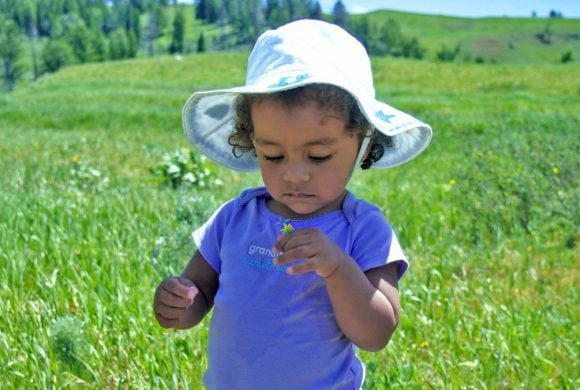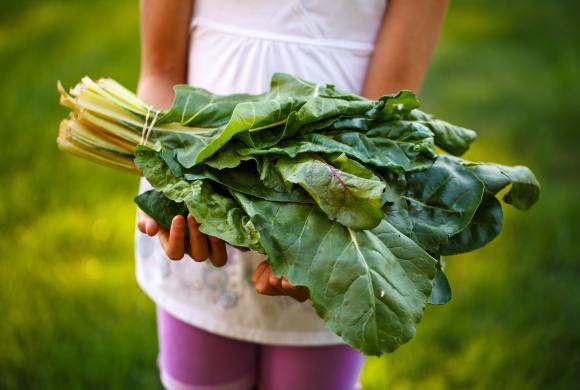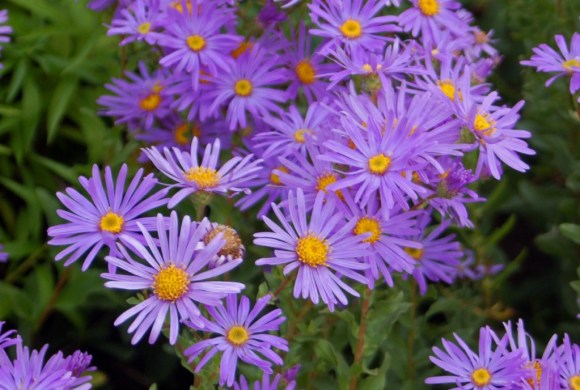One may think being able to identify plant species is an unnecessary skill. However, the ability to recognize and tell apart plants allows us to better understand the land we live in – its local wildlife habitat, forage production, and more. These aren’t things everyone necessarily needs to know, but it sure does help put things in perspective and may even prove crucial.
For people that work closely with the plant world, such as natural resource managers, horticulturists, rangers, foresters, etc., recognizing plant species is a highly important part of their jobs. It is a basic skill that helps them understand important parameters to learn about flora and fauna of an area.
However, there is a difference between being able to identify a plant and knowing and understanding it. Here are some reasons why you should learn to recognize plant species.
Knowing Plant Species is Important for Survival

The first reason is, of course, survival. To be stranded in the wild and not having food is one of the worst things that can happen to someone. Our brain instantly goes into survival mode, and we start panicking, thinking of ways to make sure we make it out alive.
In such a scenario, being able to identify which fruits, vegetables, roots and herbs are safe to consume can be the difference between life and death. People that rely on such knowledge for survival are also foragers.
If they lack these notions, they can collect poisonous mushrooms or herbs and harm their own health or even risk the wellbeing of their entire family. Nowadays, we can find a lot of resources on the internet to help us identify plants.
Similarly, one can use web tools for studying or even get online experts to write their research papers. GrabMyEssay is one such platform that can help learners get well-written academic essays and other papers. Evidently, you can always rely on internet-based solutions for any issues.
If you understand the basics of botany, it is not that complicated to identify a plant. All you have to do is:
- Mark the region and climate a plant grows in.
- Note the current season and the stage of plant growth.
- Observe leaves, stems, branches, fruit, and flowers.
- Identify the level of maturity.
Study and Management of Biodiversity

In an age when biodiversity is steadily declining throughout the planet, recognizing and understanding plants is extremely important for studying and managing flora and fauna.
Identification of land and its needs helps humans to assist nature in distributing plant species throughout the planet more accurately and efficiently. This leads to more established local and global ecosystems, better biodiversity and conservation, something we should all be investing more time and money in.
If you want to learn more about plants but don’t know where to begin, you can look into plants for college students and ease your way into the botanic world. By tending to a few houseplants, you can feel closer to nature and begin to build your knowledge of the plant world.
Plant Species is Key to Conservation
Piggybacking off the previous point, plant species identification is necessary, as it can lead to the conservation and growth of foreign and local plants, especially in developing nations. A lot of countries with not enough resources are still working on identifying their flora.
Huge percentages of land in countries like Brazil and Madagascar are still not utilized for their botanical wealth. However, this gap can be bridged by strengthening people’s interest in botanical education.
Helps in Discoveries of New Plant Species

In addition to the benefit of understanding plant species that we listed in the above points, plant recognition leads to the discovery of important genes and gene functions as well as new species, which can accelerate scientific developments very quickly.
Botanical education leads to the creation of a pathway between the disciplines of herbarium work and metagenomics, which allows for further genomic exploration, leading to amazing advancements in health and botanical science.
Efficient Production of Natural Goods
After recognizing or identifying a plant species, experts can understand and manipulate them to their advantage. Misinformation or misunderstanding of plant species and their diversity can lead to great consequences in the production of natural goods that use ingredients derived from plants.
Professional botanists, taxonomists, conservationists, farmers, and other specialists use scientific imaging techniques instead of guesses to identify and understand the variety of plant species they are exposed to regularly.
Knowledge of Plant Species is Useful in Preventing and Solving Crime

A lot of plants, when grown in the right conditions, can create medicated drugs that are either used professionally or recreationally. Being able to identify a herb that is used as a recreational drug can help you prevent crime.
For example, if you spot an unusual plant in a neighbor’s house but cannot confirm its nature, having an education in botany will help. Hibiscus cannabinus and Abelmoschus esculentus are two different plants whose products are used in entirely different ways but look quite similar to each other.
The key is to focus on the small details to be able to differentiate the two. Similarly, you can tell decorative poppies from their opium counterparts.
Final Thoughts

The ability to differentiate between different plant species is a skill that can always come in handy. If you have an interest in this field, there are various resources you can explore. Study about different plant species from books or the web before you try to practically apply your learnings, and you’re good to go! Make sure you practice utmost safety and don’t put yourself in dangerous situations, for mother nature can be just as cruel and unforgiving as she is nurturing.
Author’s Bio – Ruby Butz
Ruby Butz, who calls herself a “gardener extraordinaire”, is a passionate author and plant-lover. Her interest in the topic has given her the opportunity to write columns for newspapers and pieces in magazines on the importance of botanical education. She is environmentally conscious and hopes to educate thousands of people with her work.



Leave a Reply